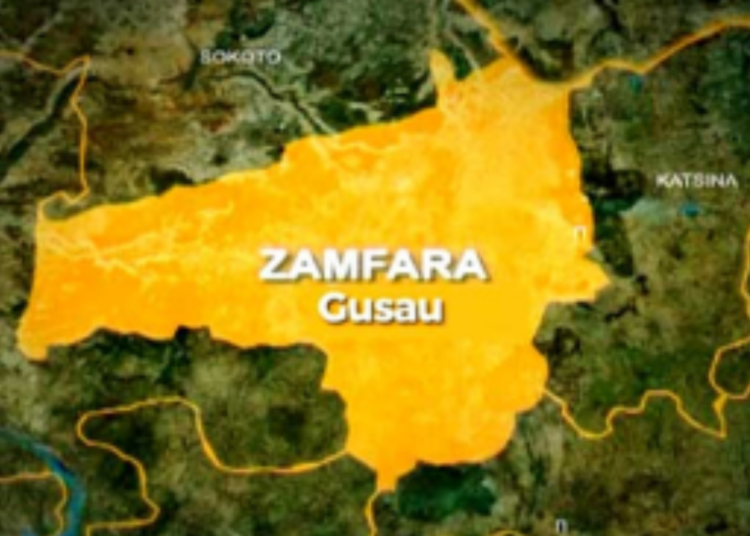The outbreak of an unidentified disease in Zamfara State has now claimed 13 lives, with over 500 reported cases, primarily affecting children and women in several communities.
This alarming situation continues to challenge local healthcare systems and raise concerns across neighbouring regions.
A local health source confirmed on Sunday that, “In Tsibiri village of Maradun LGA, where the disease was first noted in February, we’ve had four tragic deaths and 228 cases so far. Of these, 10 patients faced severe complications and were referred to the Shehu Shagari Disease Control Centre in Gusau.”
The source added that the disease has not only persisted in Tsibiri but spread to other areas including Shinkafi and Gusau LGAs, as well as Isa and Zurmi in neighbouring Sokoto State.
In Shinkafi LGA’s Galadi village, severe fever and abdominal disorders marked the arrival of the disease in April, according to a medical staff member at the local Primary Healthcare Centre (PHC).
“We’ve recorded over 100 cases and six deaths, with more than 60 patients referred to higher medical facilities due to serious complications,” a member of staff reported.
The spread of the disease has prompted urgent calls for government intervention, “We need more medical experts on the ground to manage and contain the spread before it reaches more communities,” appealed a medical official.
Musa Salisu, a concerned resident of Maradun, emphasised the dual threat of disease and local banditry, which complicates the safety of seeking medical help.
“Although the disease hasn’t reached Maradun town yet, the presence of bandits near the Maradun General Hospital poses a significant risk to those seeking care,” Salisu noted.
Zamfara State’s Commissioner for Health, Dr. Aisha Anka, detailed the symptoms of the mysterious illness, “Patients suffer from abdominal distension, fluid accumulation, an enlarged liver and spleen, fever, and general weakness, likely due to contaminated water.”
The state has reported the outbreak to the Nigeria Centre for Disease Control (NCDC) and is cooperating on emergency response measures.
“We have sent samples to laboratories in Lagos and Abuja to pinpoint the
cause and devise a plan to control the outbreak,” Dr. Anka added.





